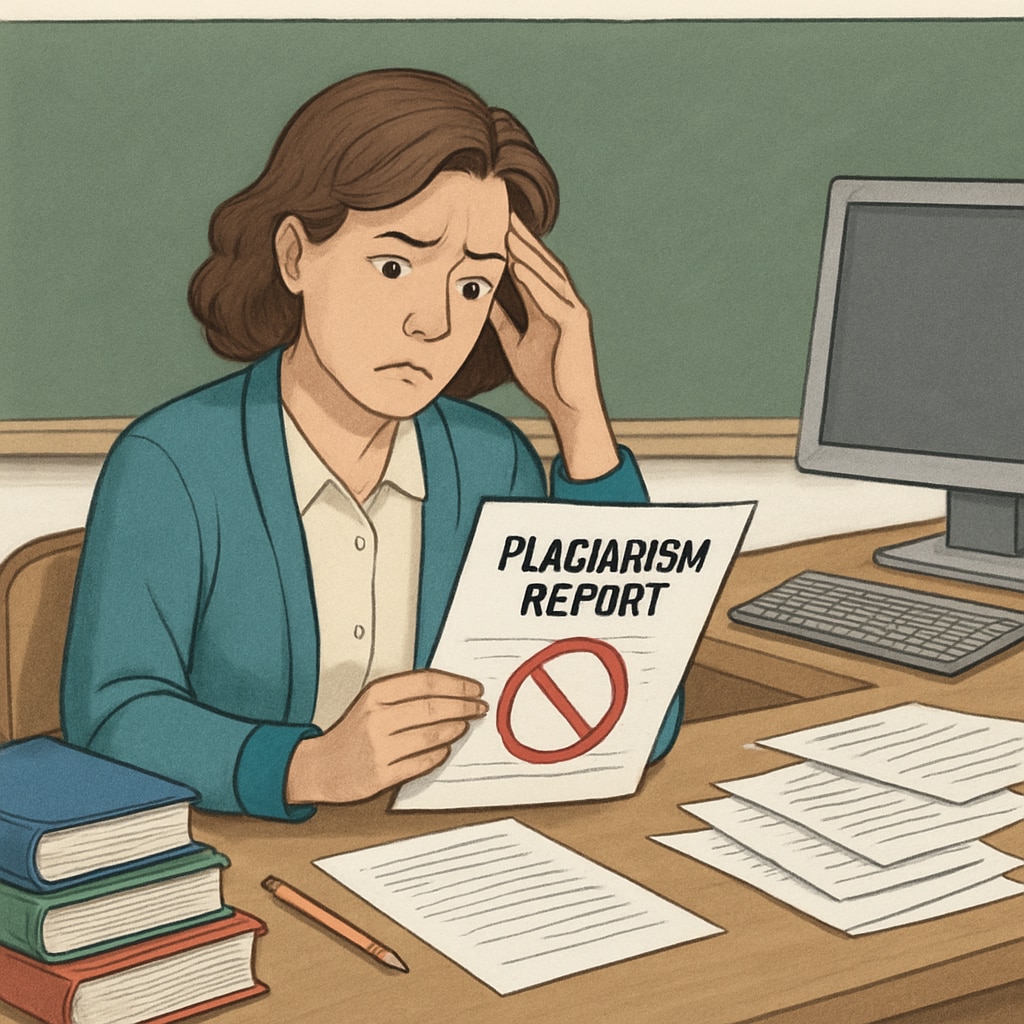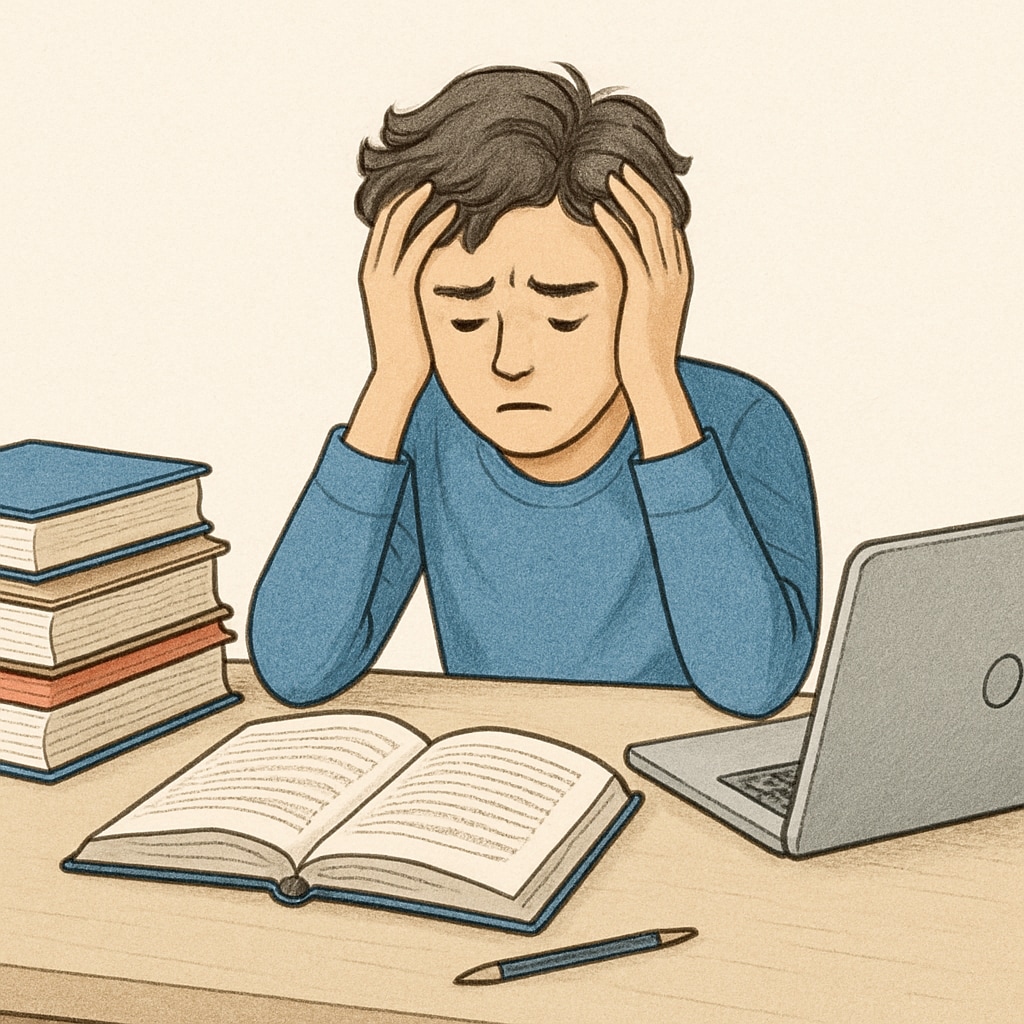False plagiarism accusations by professors can severely impact students’ academic lives, trust in the education system, and mental well-being. In the context of K12 education, these wrongful allegations often arise from misunderstandings, biases, or insufficient evidence. This article delves into why these mistakes occur, their repercussions on students, and actionable solutions to prevent such incidents while protecting academic integrity.
Why Do Professors Wrongly Accuse Students of Plagiarism?
Professors are tasked with upholding academic integrity, yet false accusations can occur due to several factors:
- Mistakes in plagiarism detection tools: Automated software like Turnitin can flag common phrases or incorrectly identify similarities as plagiarism, leading to false positives.
- Preconceived biases: Implicit biases against certain students, such as those from diverse cultural or linguistic backgrounds, may influence professors’ perceptions of originality.
- Time constraints: Teachers juggling multiple responsibilities may not thoroughly investigate flagged content, leading to premature accusations.
- Misunderstanding of collaboration: Group projects or peer-assisted learning may be misinterpreted as unauthorized copying.

Ultimately, these factors highlight the need for a more nuanced approach to identifying academic dishonesty.
The Impact of False Plagiarism Accusations on Students
Being wrongly accused of plagiarism can have profound consequences on a student’s academic and personal life:
- Loss of trust: Students may lose faith in the fairness of the education system, leading to disengagement from learning.
- Emotional distress: Anxiety, frustration, and damage to self-esteem are common responses to unjust allegations.
- Long-term academic repercussions: Such accusations can result in reduced grades, disciplinary actions, or even expulsion, negatively impacting college applications and career opportunities.

These impacts underscore the importance of ensuring that plagiarism accusations are substantiated and handled with care.
Building Fair Evaluation Mechanisms
To address the issue of false plagiarism accusations, educational institutions must adopt solutions that balance academic integrity with fairness:
- Refine plagiarism detection tools: Ensure software is regularly updated to reduce false positives and train teachers on its appropriate use.
- Promote transparency: Clearly communicate the criteria for plagiarism and provide students with opportunities to explain flagged content.
- Implement peer review panels: Establish committees to evaluate plagiarism cases, ensuring diverse perspectives and minimizing bias.
- Provide training for educators: Equip teachers with skills to identify plagiarism accurately while considering context and intent.
These steps can help maintain the delicate balance between academic integrity and protecting student rights.
Conclusion: False plagiarism accusations pose a significant challenge in education, harming both students and the trust in academic systems. By understanding the causes, mitigating their impacts, and implementing fair evaluation mechanisms, educators can uphold academic integrity while safeguarding student rights. It is imperative for the education system to evolve, fostering an environment of trust, fairness, and mutual respect.
Readability guidance: Short paragraphs and lists have been used to enhance clarity. Transition words (e.g., “however,” “therefore”) ensure smooth flow, and long sentences and passive voice have been minimized.


